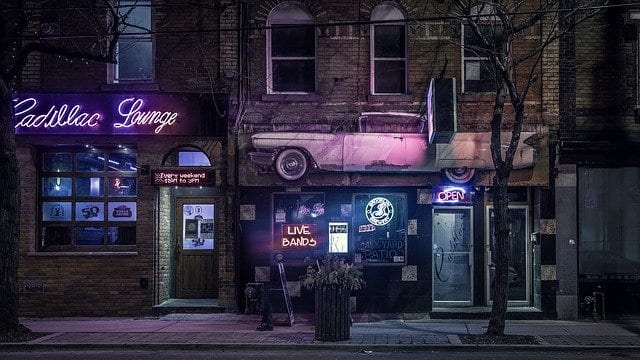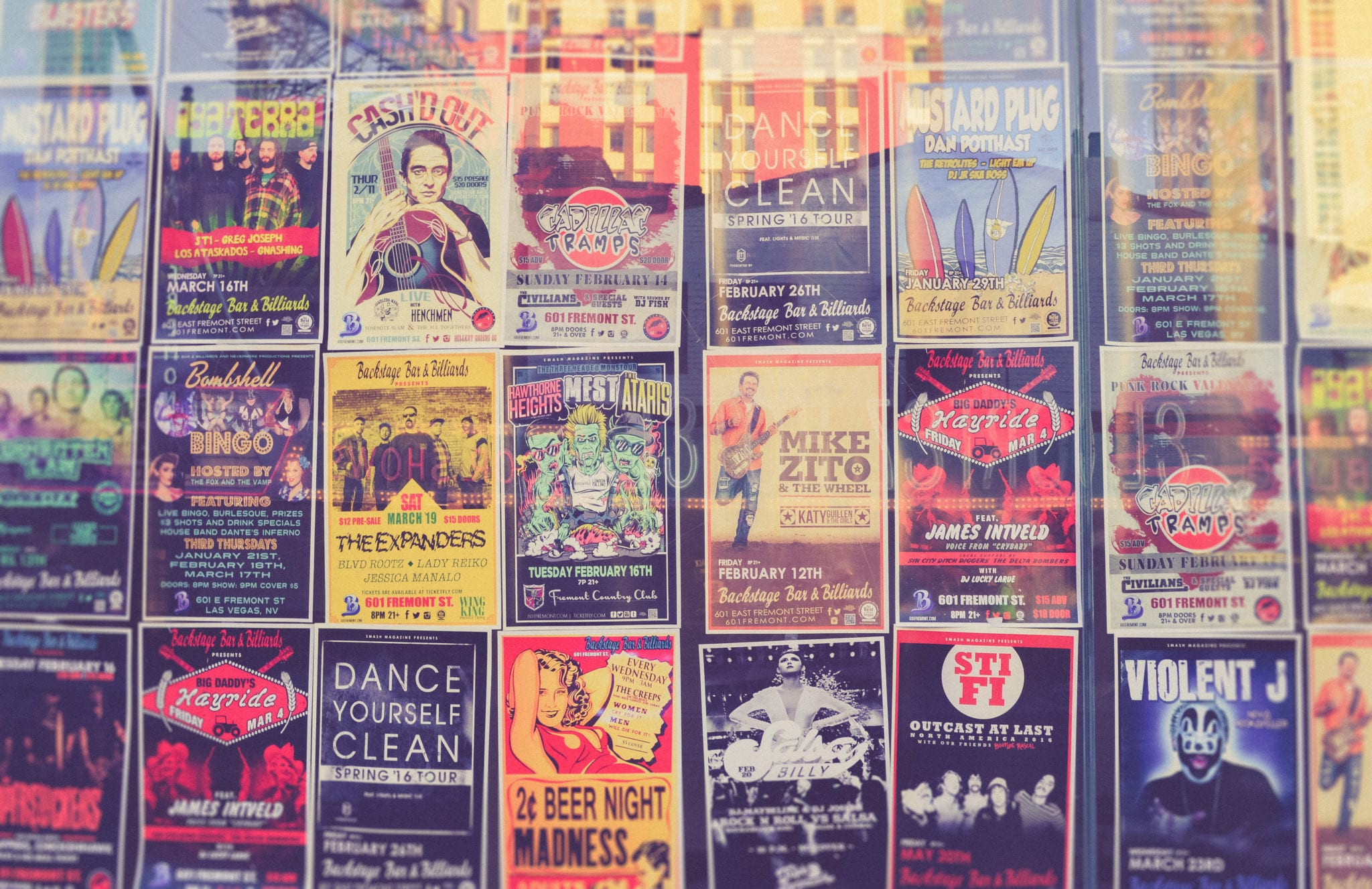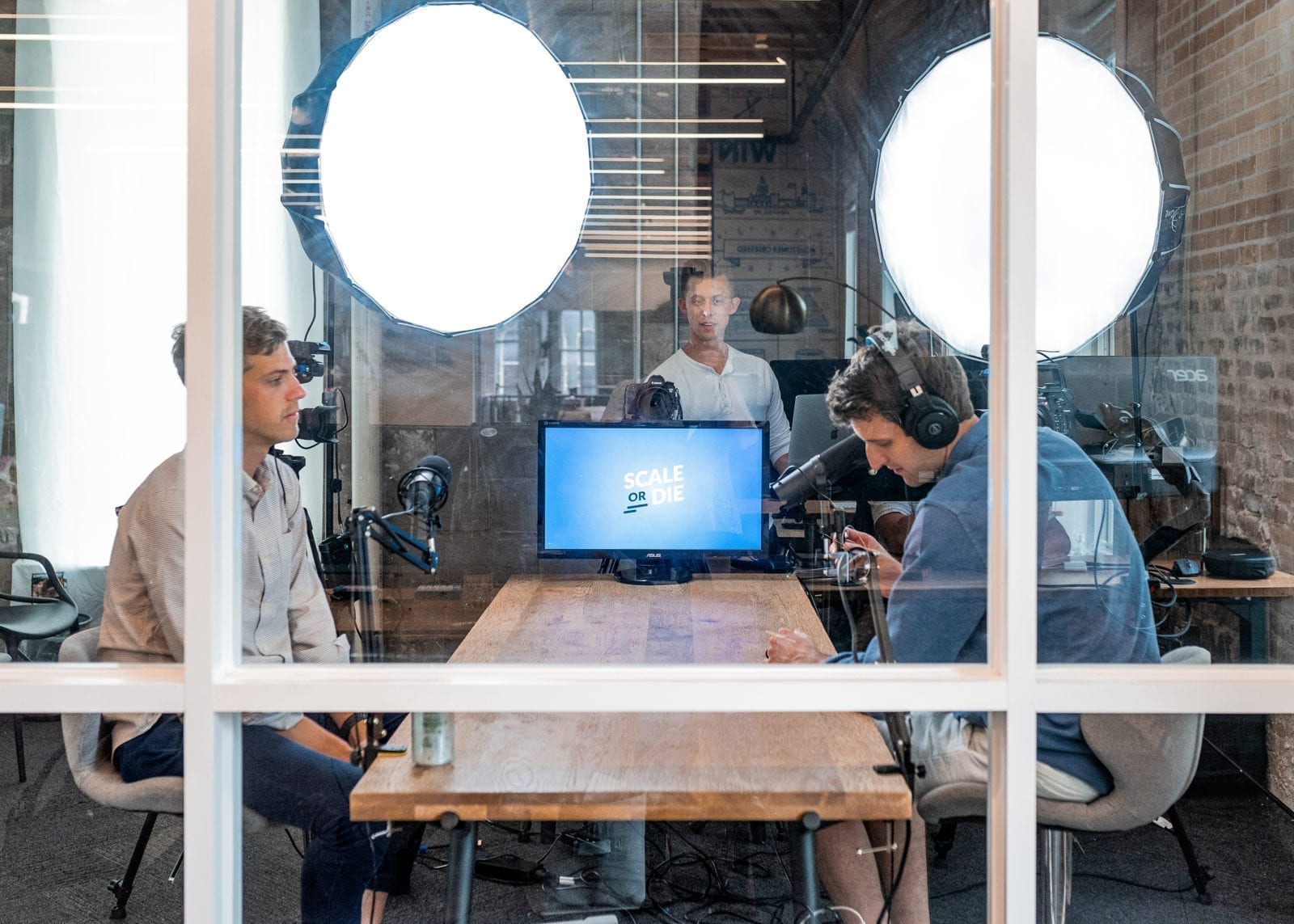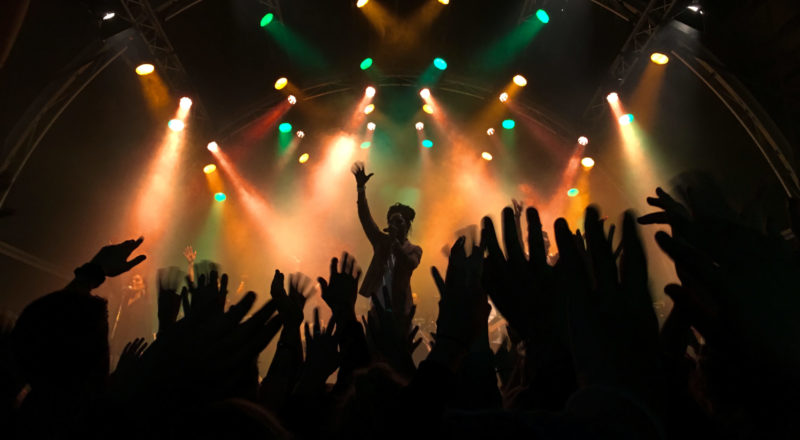It can be tempting to rely purely on digital channels for your event marketing, but certain methods to promote events offline can still be very effective at reaching audiences. People of all ages and interests will see billboards, read flyers, be exposed to signage, see TV ads, or hear radio adverts.
Any event marketing method should be influenced by the target audience, and not all offline methods will work for all events. Part of event planning is audience analysis to understand who you’re pitching your event to. Those findings should decide your event marketing strategy.
From there, you can build a picture of your target market and go all out to attract as many of them as you can!
Here are some tried and tested ideas to promote an event offline.
Billetto is a ticketing platform that helps you manage, promote, and host events. Set up an event page and start selling tickets in 5 minutes.
CREATE YOUR EVENT >>
1. Word of mouth
The simple act of telling someone about an event is a form of offline marketing. The more people you can tell, the more effective the marketing. Social media influencing is just another form of word of mouth marketing and it works across all generations.
In an offline context, word of mouth could include talking to your target audience on the high street, attending networking events, and going anywhere you will meet people up close.
Start by telling your friends and family, then encouraging them to spread the word. This is especially relevant if you are organising an event everyone can enjoy, like a pub quiz or stand-up comedy night. If you’re organising a talk or conference, remind your speakers to spread the word by telling their peers.
Tip: Here’s a more detailed look at word-of-mouth marketing.
2. Signage
Signage is one of those marketing methods that works well but doesn’t make too much fuss about it. Using signage for event marketing can include a billboard for a large event like a festival, or a sandwich board outside a pub for an event that’s happening in that venue.

Before you get anything printed, mock up your sign using paper. If you want the sign to be readable from down the street, this exercise should tell you how tall the letter height needs to be. You can also experiment with placement and find out where the sign will be most visible.
Tip: Have a look at more tips on using signage for marketing.
3. Posters
Posters offer a different opportunity than signage, even though they are quite similar. Poster marketing works well for gigs, comedy events, and community events. Place posters in the venue where the event will take place. Ask local businesses if they will let you place a poster in their store or in their shop window.
Aim to have your headline readable from two metres away. The rest of the text should be readable from just one metre.
Tip: Take a look at these 50 event posters for inspiration.
4. Flyers and mailshots
Flyers can be handed out when crowds are leaving similar events, placed in local stores, or used as targeted mailshots. If possible, find stores that are related to your event. You can then offer their customers a discount on tickets in exchange for placing your flyers next to the till. For example, you could offer a discount on your fitness class to customers of a local sports store.

A flyer is often something your audience can take with and look at later. As such, it should contain all of the key information they need to purchase tickets and attend your event.
Tip: There are many good reasons to use flyers for events.
5. Print advertising
Print advertising refers to adverts in newspapers or magazines, trade press or local papers. The key here is to select a publication your target audience reads or engages with. No matter how attractive the design or effective the copy, it won’t work if your audience doesn’t read it. You also need to select the publication that’s a good match for the event. (For instance, industry-specific magazines for an exhibition or conference.)
To find prices and purchase advertising space, visit the publication’s website and find their “Advertising” page. This will tell you how to get in touch, and there is often the option to download a Media Kit which will contain advertising prices.
Tip: Learn more about effective newspaper advertising.
6. Radio
Radio can still reach a significant audience. Like most of the methods already mentioned, it’s essential to carefully select the right medium in order to reach the audience you’re trying to attract. The scale of the advertising should suit the scale of the event. Local radio for local events. National or regional radio for larger events.

Expect to pay around £2 per one thousand listeners. You could also consider interviews and interest pieces for some free advertising on local news or radio. It won’t cost anything but can generate free PR.
Tip: Workspace has a more detailed guide to radio advertising.
7. Free previews
Free previews have worked for the movie industry for almost a hundred years. All those trailers you get to see before the main event in a cinema? Those are free previews. You don’t have to go big like that, though. Scale your marketing to the size of the event and build up from there.
You could show a short clip at a local event, showcase a single act or song in a shopping centre, or have a performer do their thing in a public place. Have someone hand out flyers to the audience while they watch, and they’ll have all the information needed to come to the event.
Billetto is a ticketing platform that helps you manage, promote, and host events. Set up an event page and start selling tickets in 5 minutes.
CREATE YOUR EVENT >>
Unplug your event promotion
All of these offline event marketing methods can be mixed and matched as you see fit to deliver an effective campaign. Make sure that your target audience is at the centre of everything and tune the media and medium to that audience.
Have any good tips to promote an event offline? We’d love to hear them. Make yourself heard in the comments below.
Author: Lorne Armstrong is the Commercial Director at Event Academy, an event management course provider based in Islington, London. He is an experienced facilitator of groups from 3 to 3,000 and has hosted and MC’d at countless events and conferences over the past 20 years.





Leave a Reply